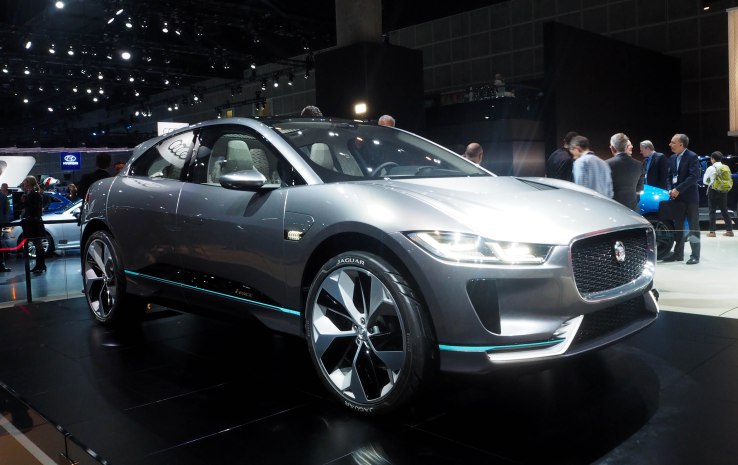EVgo unveiled the first public DC fast-charging station, capable of up to 350 kW, a figure more powerful than current charging in Tesla Superchargers. The station is set to charge up near the World’s Tallest Thermometer in Baker, California this summer.

This raises the question: How fast is fast charging? And how fast are other fast chargers?
The duration it takes to charge your electric vehicle (EV) depends on two factors: how much power is supplied by the charger and how much power your car’s charging system is able to handle. An EV must be compatible with the CHAdeMO standard, the SAE CCS standard, or be a Tesla that comes with plug adapters for the other standards in order to use Level 3 stations.
At a Level 1 standard wall outlet, it takes overnight or longer to fully charge a battery. At a Level 2 charger, it also takes overnight or less to charge a depleted battery. At a Level 3 station, the battery can be charged up to 80% in under an hour.
Here are specifics reported by manufacturers:
- Tesla Model S: 120-kW Supercharger station, 80% charged in 40 minutes
- Jaguar I-PACE concept EV: 50-kW Level 3 station, 80% in 90 minutes
- Chevy Bolt: 50-kW Level 3 station, 90 miles in 30 minutes
- Nissan Leaf: 50-kW Level 3 station, 80% in 30 minutes
EVgo is a network of more than 800 fast chargers, aside from the new high-power station that will have four chargers to start, with the ability to expand to eight. Additionally, it will have a solar panel cover to power the chargers and shade people and cars using the stations. There will also be backup batteries for the system for those who stop to charge at night. While the station won’t have the Wi-Fi hotspot available at a Tesla Supercharger, remember — it will have the World’s Tallest Thermometer.
Source: TechCrunch
Advertisement
Learn more about Electronic Products Magazine





